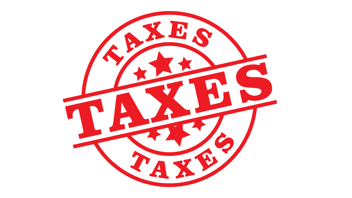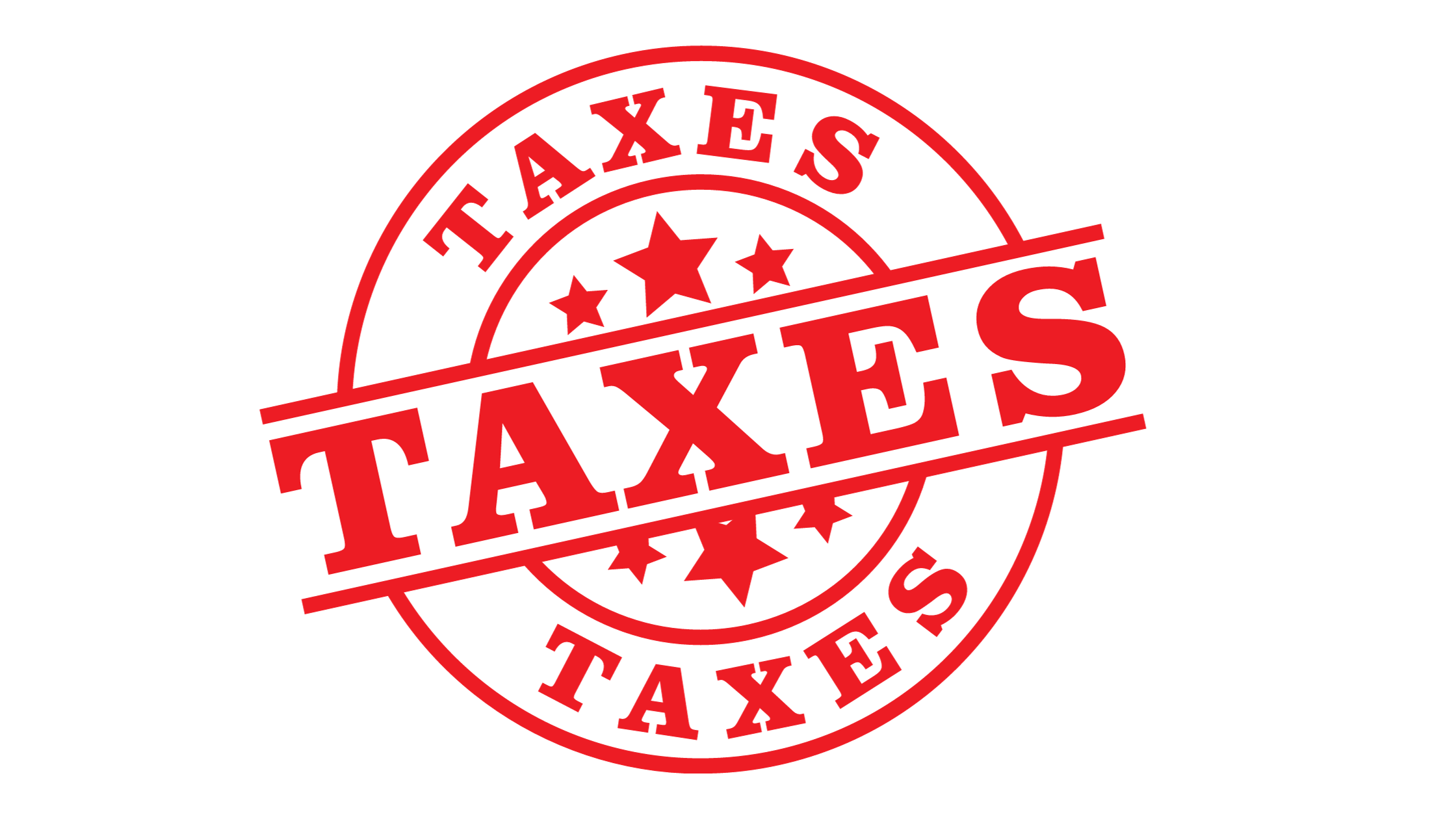In this blog post, we will delve into the upcoming changes in Estonian tax laws set to take effect in 2024 and 2025, providing explanations for each topic.
Starting from January 1, 2024
Tax Rates
From January 1, 2024, Estonia will see an increase in the standard VAT rate from the current 20% to 22%. This change will impact consumers, as they will need to pay a higher VAT on various goods and services.
One of the most significant changes set to take effect in 2024 is the increase in the standard VAT rate to 22%, replacing the previous rate of 20%. This primarily impacts consumers who will now have to pay a higher VAT on various goods and services. In connection with this change, two transitional rules have been added to the law:
-
If written agreements concerning long-term transactions, especially those related to real estate, were concluded before May 1, 2023, taxpayers may continue to calculate VAT at the old rate of 20% until the end of 2023. This applies if the contract explicitly states that the price of the goods or services includes VAT or that VAT at a rate of 20% will be added, and if the contract does not specify price adjustments in relation to potential changes in the VAT rate.
-
Companies using cash-based VAT accounting may apply a 20% VAT rate when transferring goods or providing services until December 31, 2025, provided that the invoice is issued, and the goods are delivered or the services are provided before the beginning of 2024.
The Tax and Customs Board has provided examples of taxation related to the change in the VAT rate, which can be found here:
Transitional Provisions
With the change in the VAT rate, here are some examples related to the taxation:
Deductions from Personal Income
Starting from January 1, 2024, individuals will no longer have the right to deduct the following from their taxable income:
- Additional tax-free income for children.
- Additional tax-free income for spouses.
- Mortgage interest payments.
This means that for the income tax return:
- For the year 2023 (submitted in February-May 2024), deductions are still allowed.
- For the year 2024 (submitted in February-May 2025), deductions will no longer be allowed.
However, individuals will still have the right to deduct the following from their taxable income:
- Education expenses.
- Donations, up to €1,200, but not exceeding 50% of taxable income (Income Tax Act § 282 para. 1).
Additionally, deductions for additional voluntary pension (third pillar) contributions will still be allowed, up to 15% of taxable income, but not exceeding €6,000 per year.
Other Changes
In addition to these changes, there will be other modifications in the tax laws affecting registered cohabitants, tax-free allowances, insurance benefits, the tax scheme, and the hybrid unit tax liability.
Accumulative Pension
Starting from January 2024, individuals who have joined the second pillar can choose to increase their pension contribution rate from 2% to 4% or 6%. To do this, they must submit the respective application to the pension register keeper or account holder between January 1, 2024, and November 30, 2024. The new contribution rate will come into effect on January 1, 2025.
Starting from January 1, 2025
Tax Rates
From January 1, 2025, there will be changes in the tax rates. The personal income tax rate will increase to 22% from the current 20%, the corporate income tax rate will change to 22/78 from 20/80, and the advance payment rate for credit institutions' income tax will increase to 18% from 14%. This means that both individuals and businesses will face a higher tax burden.
Furthermore, the lower tax rate on dividends of 14/86 and the withholding tax of 7% on dividends paid to individuals will be abolished. This means that starting from 2025, all dividends will be subject to a unified tax rate of 22/78.
Additionally, the VAT rate for accommodation and accommodation with breakfast will increase to 13% from the current 9%, and the VAT rate for newspapers and periodicals will increase from 5% to 9%.
Deductions from Personal Income
Starting from January 1, 2025, resident individuals will have the right to deduct a tax-free income of €8,400 per year from their taxable income (Income Tax Act § 23 para. 1).
This change introduces a uniform tax-free income of €700 per month or €8,400 per year starting in 2025. It applies to all residents of Estonia and the European Economic Area (European Union member states, Norway, Iceland, Liechtenstein), regardless of their earned income, except for individuals of retirement age whose tax-free income equals the average old-age pension. Tax-free income does not apply to residents of third countries, such as Ukraine, Belarus, Uzbekistan, and Kazakhstan.
These are the key changes in Estonian tax laws scheduled to take effect in 2024 and 2025. These changes can affect both businesses and ordinary citizens, and it is crucial to stay informed about them and consult with a tax advisor if needed to understand their impact on your financial situation. If you need professional advice and assistance, you can turn to e-raamatupidamine24 to receive more detailed guidance and explanations regarding these changes.






